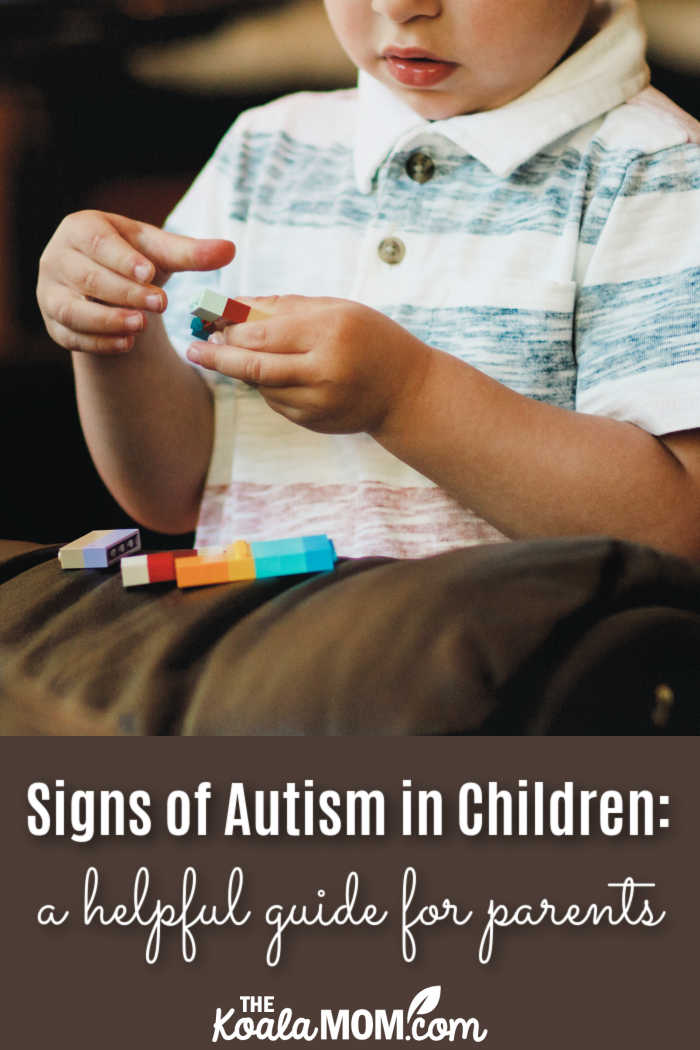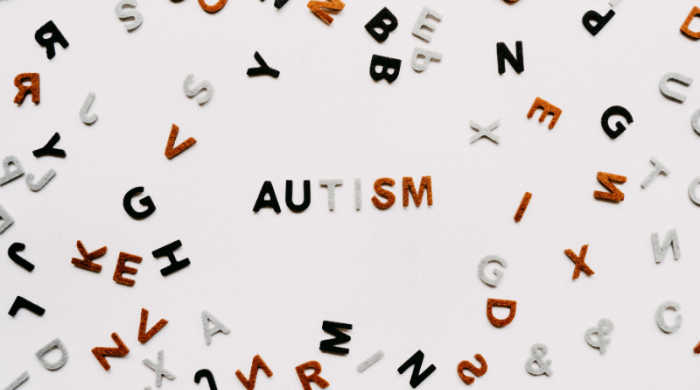Autism is a condition that affects the lives of millions of people all around the world. Contrary to common belief, it’s not a serious condition (in most cases) and patients can lead long, healthy, normal lives. In order for young people with autism to develop and become functioning adults, their symptoms need to be recognized and treated early. The earlier an autistic person receives treatment, the more likely they are to be able to reach their full potential.
Here is a helpful guide for parents in recognizing the signs of autism in their children.

Treatment
Before beginning, it’s important to make it clear that if you are a parent who suspects your child is suffering from autism, then you need to seek an autism evaluation and enroll them in a treatment program. The sooner that you recognize, identify, and treat your child’s condition, the better they will integrate into society and the happier that their lives will be.
It’s worth learning about what is ABA therapy for autism because that’s one of the most effective forms of treatment that’s available today. In addition to getting treatment for them, you also need to be understanding. If you don’t take time to learn about your child’s condition, you won’t be able to give them the care and help they need to lead a happy life.
As a mom, I’m always seeking to understand my children and their needs better. A diagnosis is not a judgement on your child or you; it is simply a tool that can help you help them. For example, when one of my daughters had difficulty learning to read, I investigated getting her checked for dyslexia. In the end, I was able to rule out dyslexia as a reason for her difficulty, and find a different solution to help her.
If you suspect your child has some symptoms of autism, it’s worth asking the question simply so you have the tools to aid your child’s growth and learning.
Echolalia
One of the first symptoms you should look out for is echolalia. This is a very common symptom of autism. Echolalia is the repetition of certain words or phrases, said in the exact same way. While it’s very common for non-autistic children to do this, when autistic children repeat words and phrases, it is often excessive and constant.
Repetition
Repetition in words and phrases isn’t the only characteristic that autistic children exhibit. They also show repetition in behavior. If your child plays with their toys in the exact same way, every single time they play with them, then it’s a strong indication they are somewhere on the autism spectrum. Repetition helps children with autism feel safer and more in control over their lives.
Again, repetition with toys isn’t always a sign of autism, but if the repetition is constant and excessive, it may be. Only a doctor can diagnose autism.

Focused
A strong indication of autism is if your child has a strong focus on things. For example, if your child has toy cars, but decides to focus on the wheels of the car every time, then they could be autistic.
Ordinarily, a child’s focus will shift from moment to moment. A child might be focused and interested in a car’s wheels today, but tomorrow will move onto the car’s trunk or hood. If your child instead focuses exclusively on the wheels, and always the wheels, then they could be autistic.
Changes
Children that suffer from autism seldom respond to change well. How does your child deal with any form of change in his or her life? A negative reaction to any changes, even small changes, could be an indicator for autism. With that said, of course, it’s perfectly normal for children to react to large changes negatively. Many toddlers even react negatively to small changes, but in most toddlers, this is a phase that slowly passes.
Obsession
Lastly, pay attention to your child’s interests. As mentioned earlier, autistic children tend to focus on specific things or elements of things. The same is true for their interests. Autistic children tend to become obsessed with things. If you notice obsession, try to shift your child’s interests or focus on something else. If their interest or focus cannot be moved, then there is a strong chance that your child could have autism and needs professional help and treatment.
Despite what a lot of people think, autism isn’t a debilitating condition. Most autistic people live long, happy, and fulfilling lives. If your child has autism and you want them to have the best chance at a happy and fulfilled life, then you need to get the treatment as early as possible.
More helpful information:

No Responses Yet